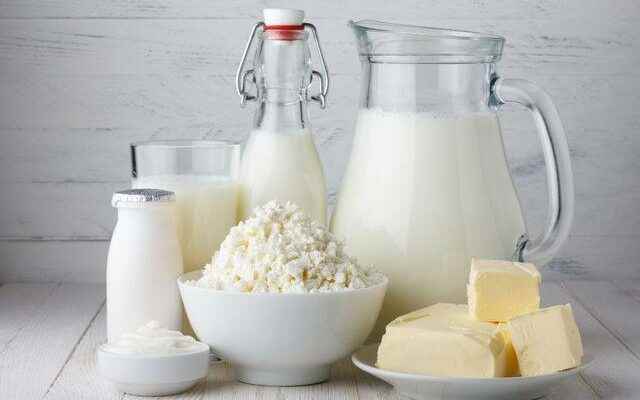Food and beverages have been the focus of attention in cancer research in recent years. It is an accepted fact that eating habits and lifestyle trigger cancer risk.
Researchers have found that certain elements certainly cause cancer. For example, the World Health Organization has determined that processed meat is a major contributor to colorectal cancer. A major new study published in the journal BMC Medicine has linked dairy consumption to an increased risk of certain cancers.
A NET CONNECTION FOUND
The overall evidence to date on whether consuming dairy products affects cancer risk has been inconsistent. Studies in Western populations show that dairy products may be associated with a lower risk of colorectal cancer and a higher risk of prostate cancer, but no clear link for breast or other types of cancer.
FIRST BIG WORK
Now, the first major study to look at dairy consumption and cancer risk in Chinese adults has found that higher intake is associated with higher risks of liver cancer and female breast cancer. The study was based on nearly 30,000 cancer diagnoses among half a million Chinese adults.
According to the news of Express; these results may not be the same for non-Western populations where the amounts and types of milk consumption and the ability to metabolize dairy products differ greatly. For example, there is very little cheese and butter consumption in China, and milk and yogurt consumption is much lower than in Western populations. Additionally, most Chinese adults cannot metabolize dairy products properly due to a lack of lactase, a key enzyme for breaking down the milk sugar lactose.
HOW WAS THE RESEARCH DONE?
The researchers divided the participants into three groups: regular dairy consumers (at least once a week), monthly dairy consumers, and people who rarely or never consume dairy (non-consumers).
Participants were followed for an average of about 11 years, and the researchers used data from national cancer and death registries, as well as health insurance registries, to identify new cancer diagnoses.
